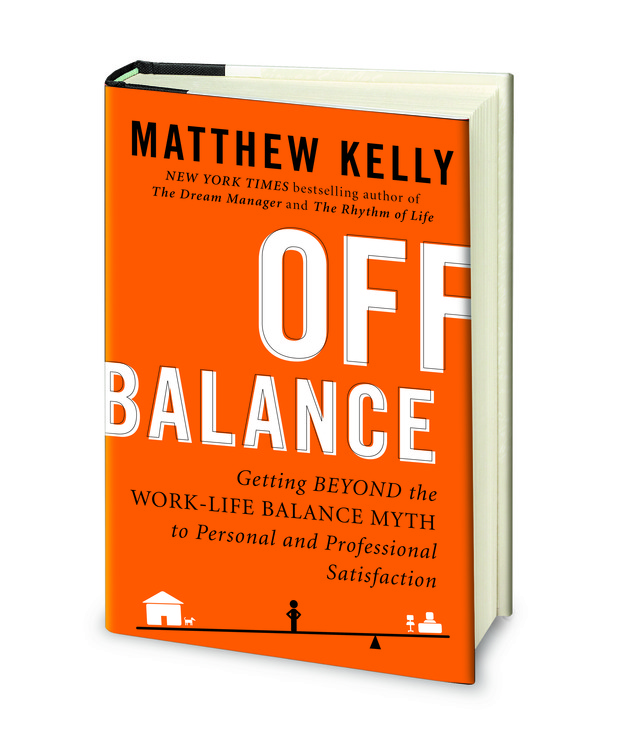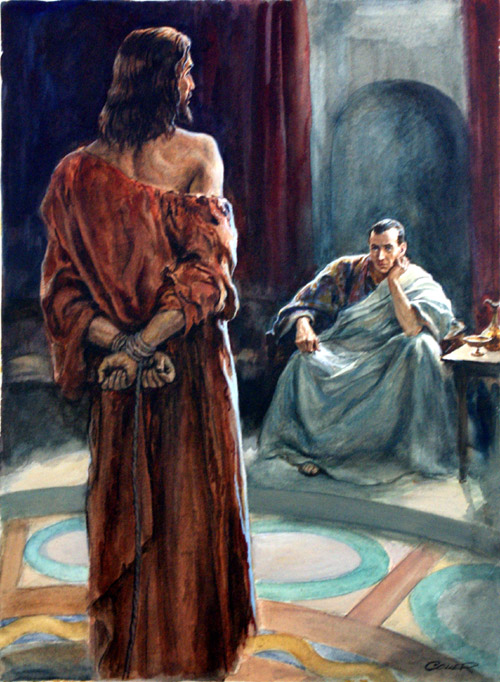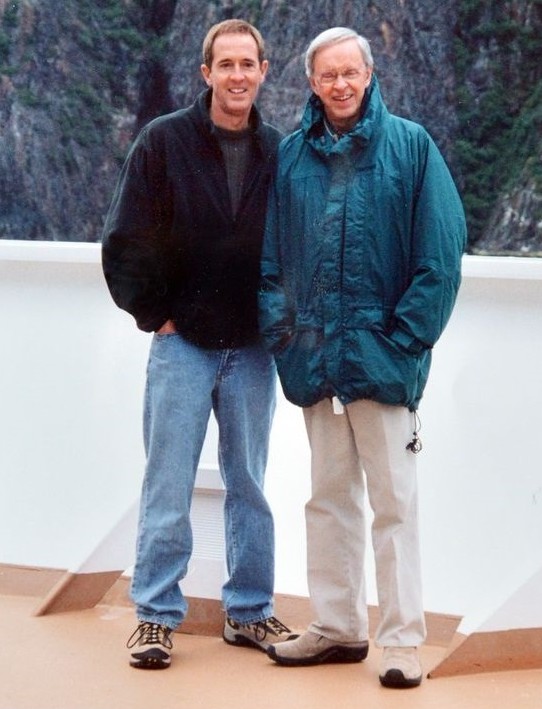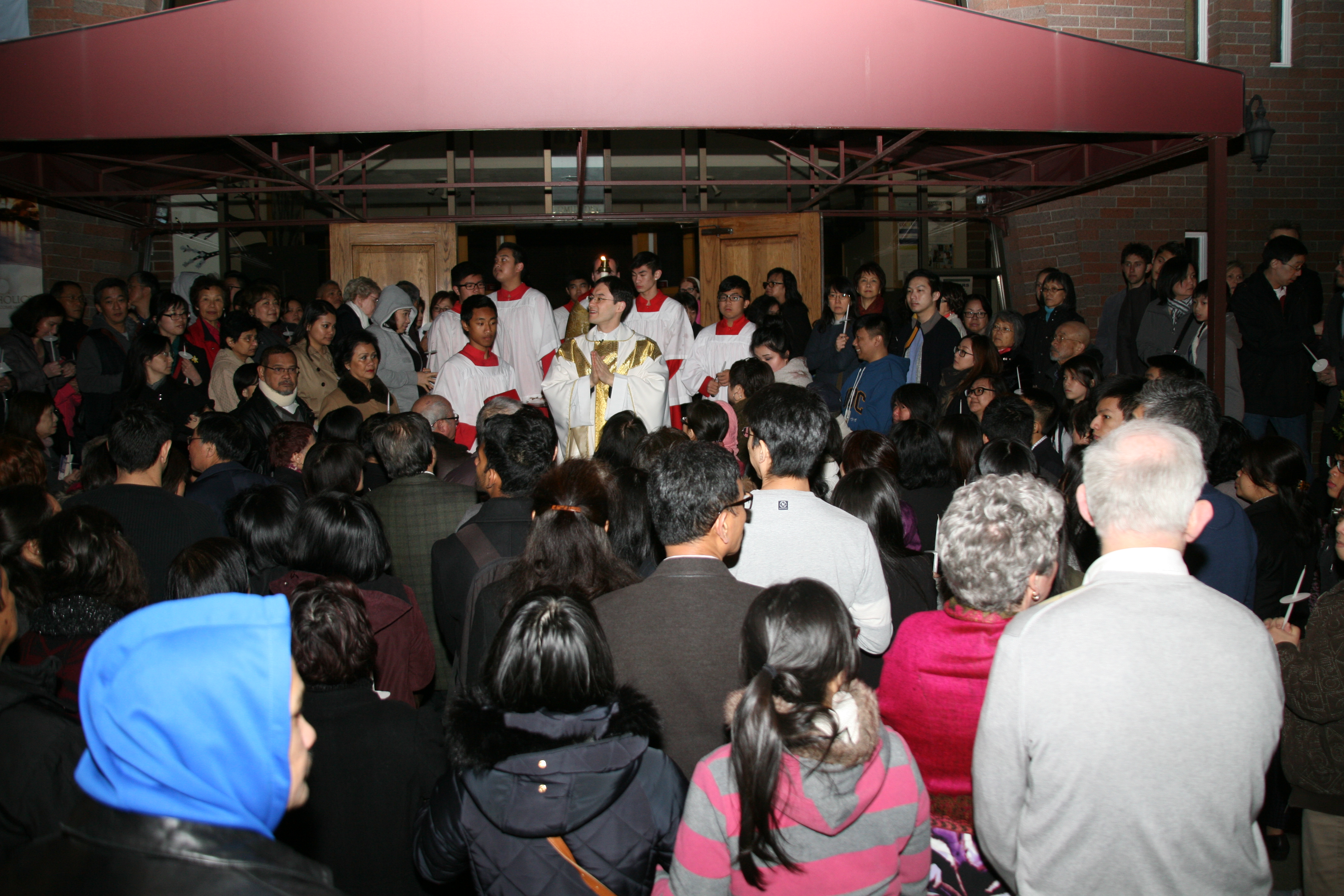My life is sometimes chaotic, with too many things to do, and I feel too busy. People tell me all the time that they’re too busy. Some parents feel like chauffeurs, driving their kids from one thing to the next. We want to give them everything, but it gets to be too much. We want to do everything, and we end up missing out on the most important things.
Look at the way so many of us take our vacations. We go away and have to do everything, see everything, and meet everyone. When we return, friends say, “Welcome back! How was your vacation?” “Ah, I’m so tired.” What!? What kind of vacation is that when you come back more tired?
I read about someone who in college couldn’t say ‘No’ to anything because he was afraid of missing out on something. “He was constantly overcommitted, always disappointing people because he could not… fulfill all the commitments he had agreed to, and was usually operating on too little sleep” (Matthew Kelly, Off Balance, 69).
One reason why we’re too busy is that we don’t have clarity of purpose. Today’s Opening Prayer said: “For it was to accomplish this mystery that [Jesus] entered his own city of Jerusalem.” This teaches us something: Jesus came to accomplish this mystery: to suffer, die and rise again for us. He had a crystal clear purpose: He knew exactly why He was here. From the very beginning, Jesus was born to be our saviour. Do you think Jesus ever said, “Mom, I’m bored. There’s nothing to do”? When Pilate asked Him, “Are you the King of the Jews?” Jesus has a clear answer, “For this I was born and for this I came into the world, to bear witness to the truth” (Jn 18:37). I love that! Because I want clarity in my life, so that I know what I’m doing and why, so that I know what’s important and what isn’t.
Andy Stanley said of his father, Charles Stanley, “In spite of his professional responsibilities he never missed a basketball game or failed to carve out time for extensive summer vacations. I was nurtured by a mom who saw it as her mission to prepare me to leave the nest with the security and skills necessary to thrive in this unpredictable world” (Andy Stanley, Next Generation Leader, 9). His parents were able to do this because they had clarity of purpose.
My brother’s friend is a no-nonsense kind of supervisor; he said on his first day of work when he was gathering his team together, “I’m your boss, not your friend. We’ve got a job to do, so let’s do it.” Now there is a leader with clarity; you know what he expects and know where you stand, and they get the job done.
So let’s start with something small: do we know our purpose for today? What’s the goal: to rest, to love, to grow? Let’s expand the question: why do we work? Let’s expand it even more: what is the purpose of this year? What’s the goal of our marriage? What kind of marriage do you want? One that survives or thrives? And the most important question is: why are we here? What is the purpose of our life? Ultimately, we can’t give ourselves purpose, because we didn’t make ourselves. God did, so we need to ask Him why we’re here and what our mission is.
That’s why we gave out Rediscover Catholicism during Christmas, because it touches on our most important purpose, that is, to become the best version of ourselves, to become holy, to become saints, like Jesus. Once you know God’s purpose, everything else makes sense in relation to it.
Do you know why I, Fr. Justin, am here at St. Anthony’s? I wasn’t given a maintenance schedule by God or by Archbishop Miller. I was given a mission: I was entrusted with something good and I’m called to help it grow, to make it better. I was sent here to love like a father and lead people closer to Jesus.
Do we know why St. Anthony’s exists? What’s our mission? It’s something to think about. We’re not here to maintain the status quo. Remember what we talked about at the beginning of Lent, five weeks ago: healthy things grow. We’re going to come back to this soon.
The happiest people are those with clarity of purpose. They live life “passionately and enthusiastically. They very rarely complain, they don’t talk negatively about others, and you never hear them refer to happiness as some future event linked to retirement, marriage, a promotion, or some unexpected windfall of money” (Matthew Kelly, Rhythm of Life, 9). Clarity gives happiness.


